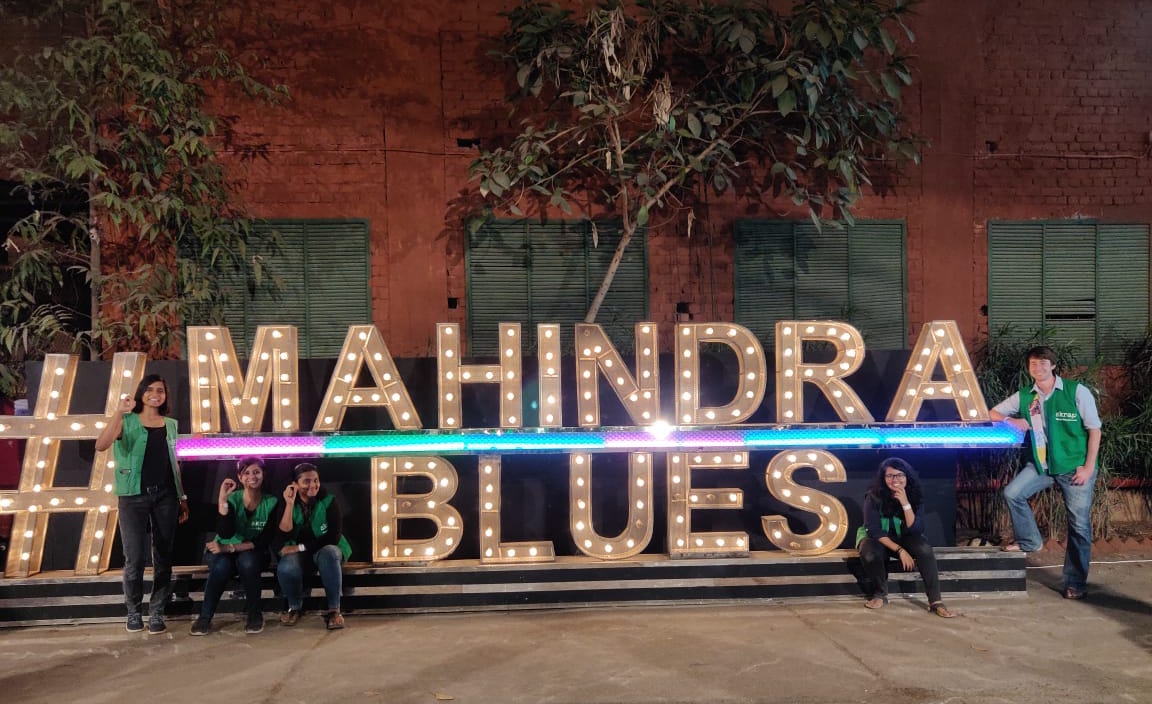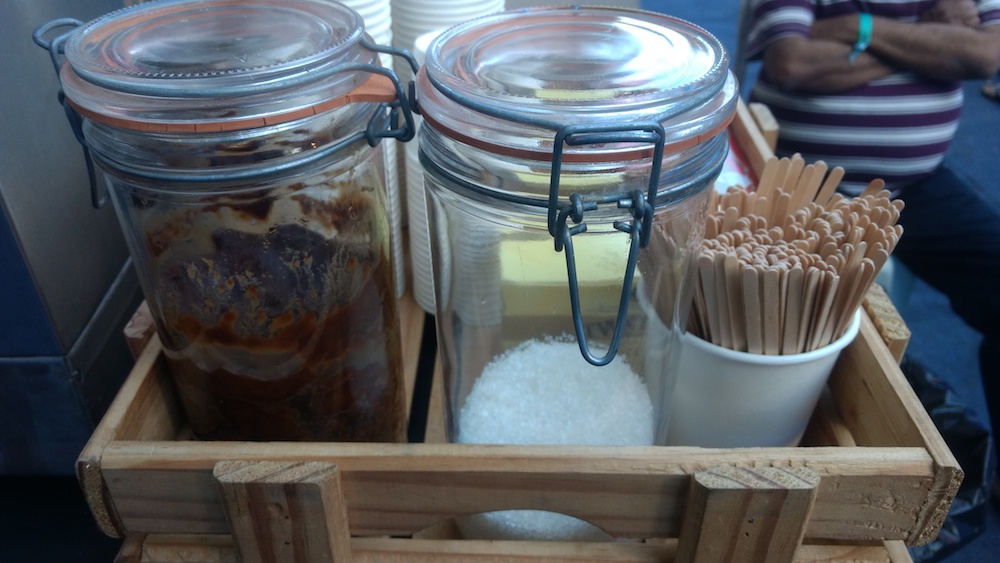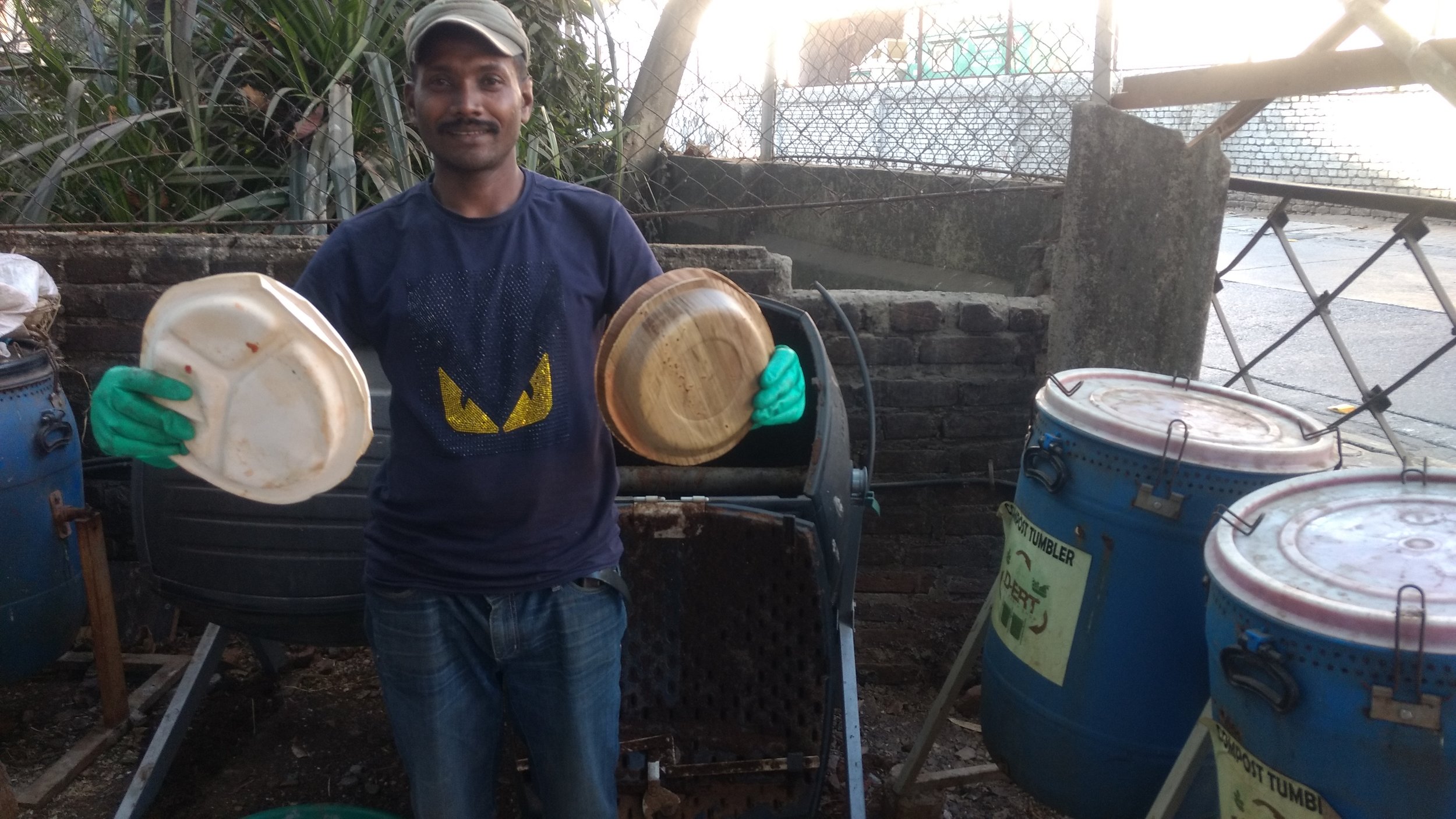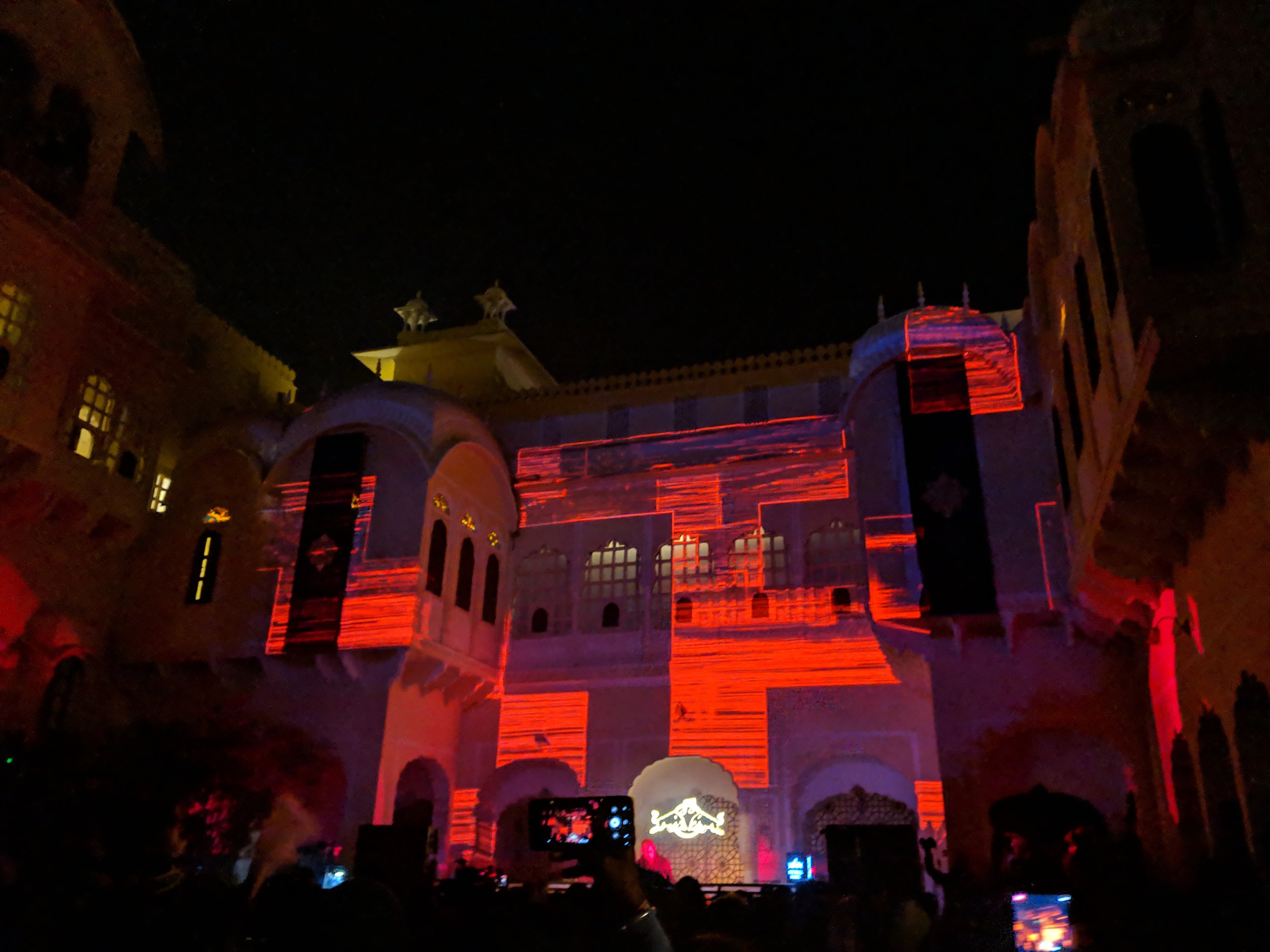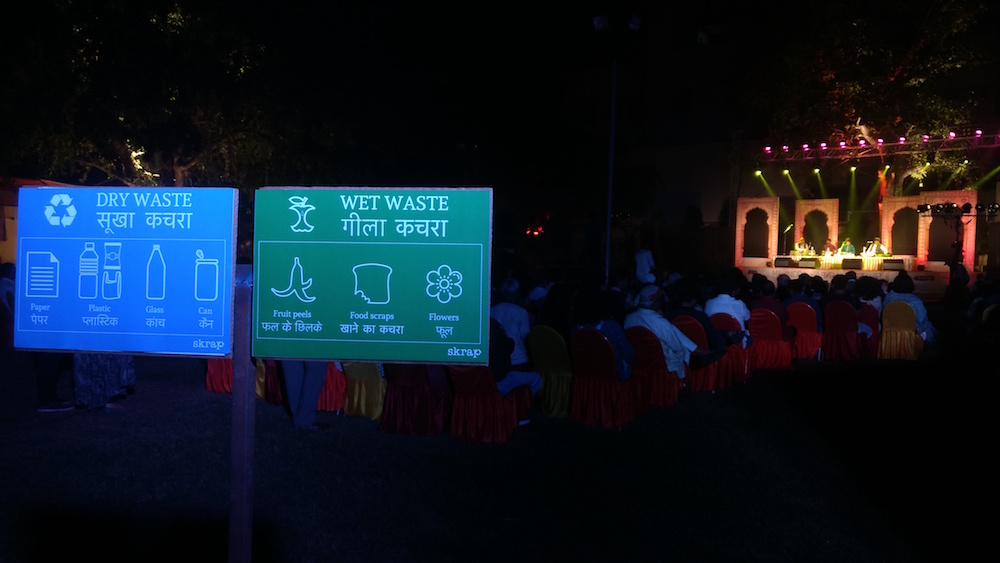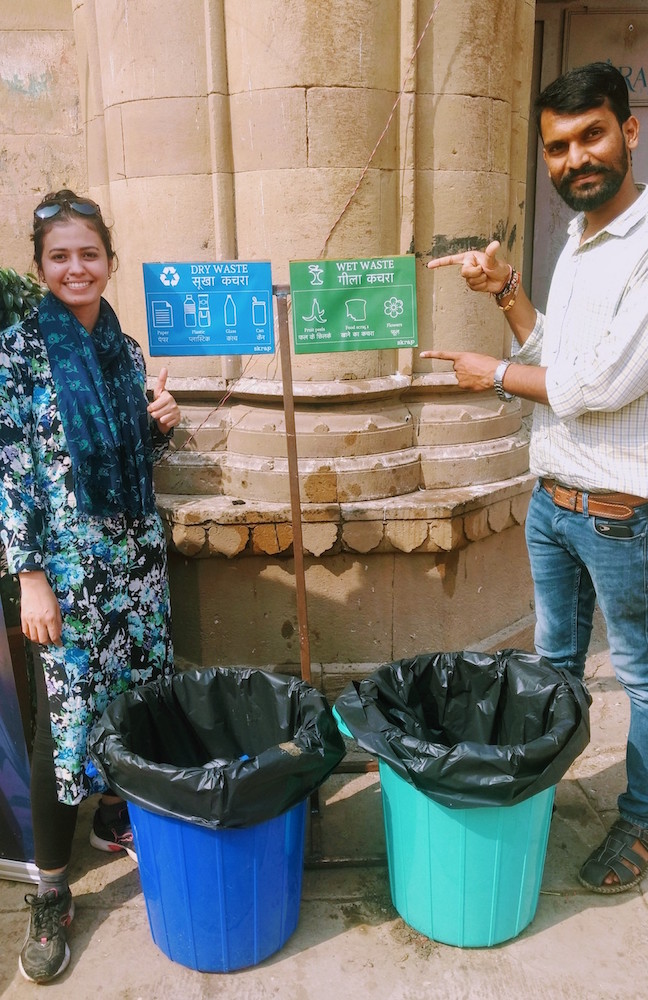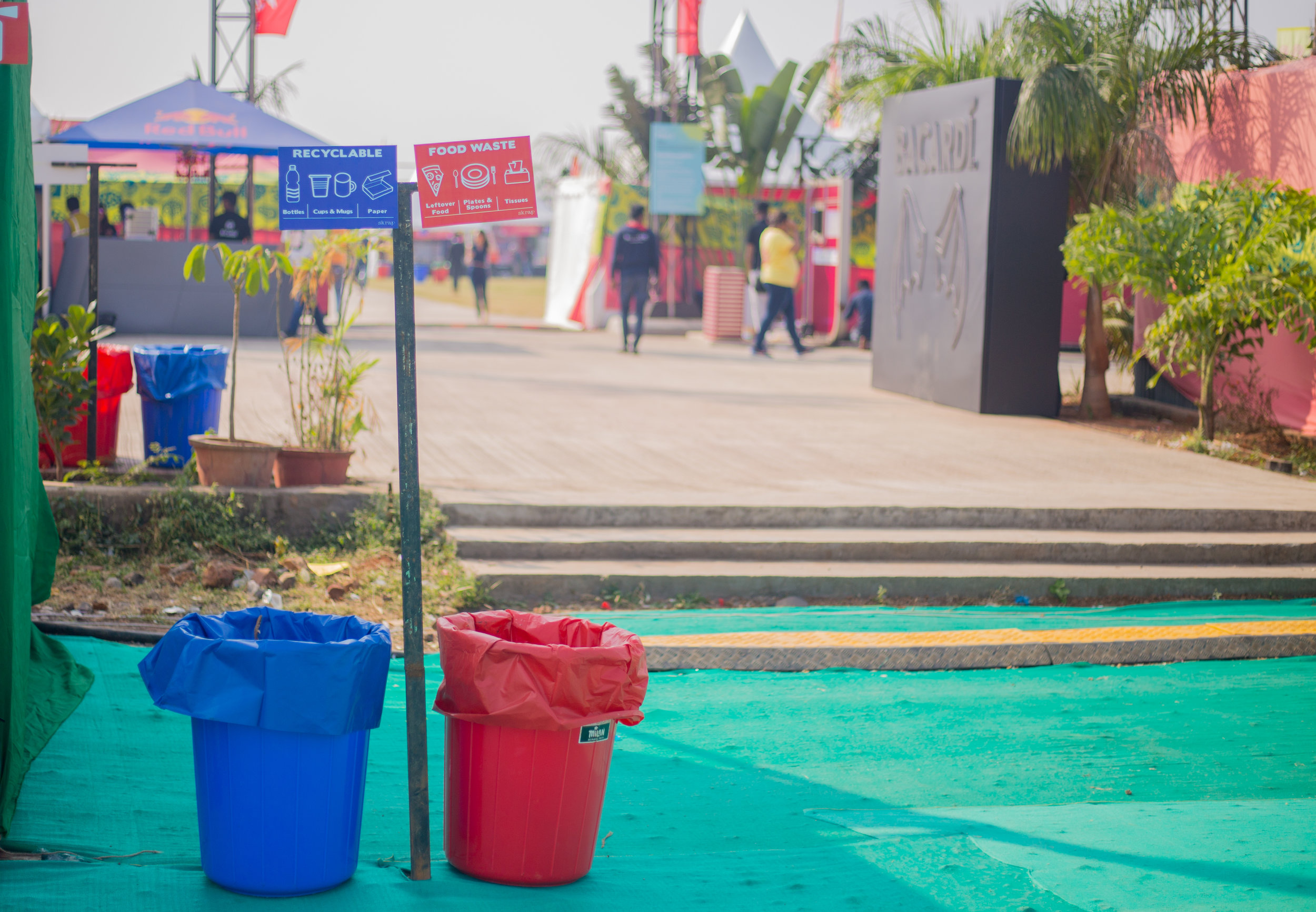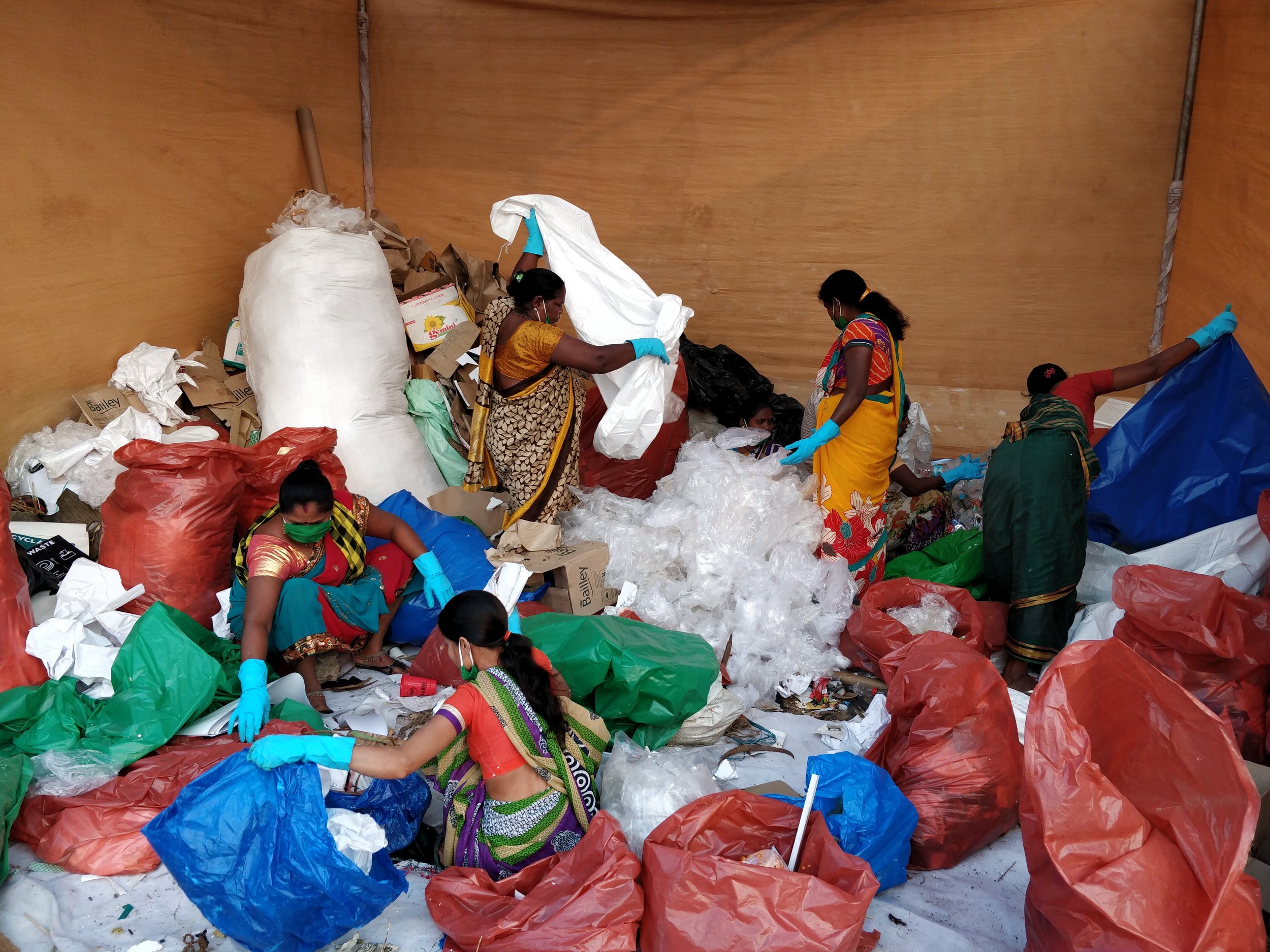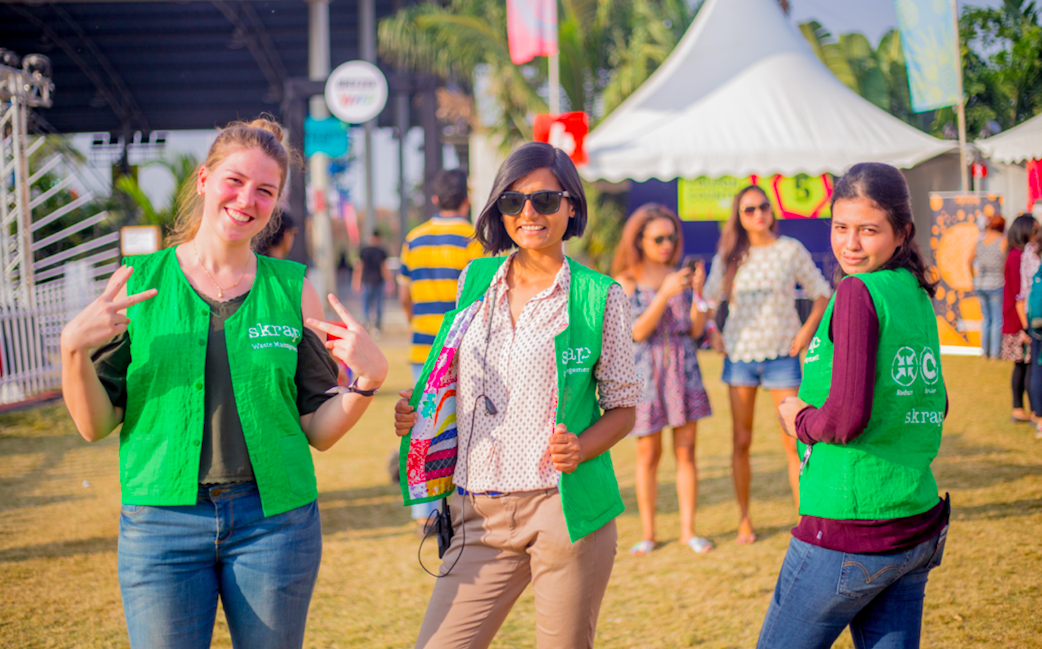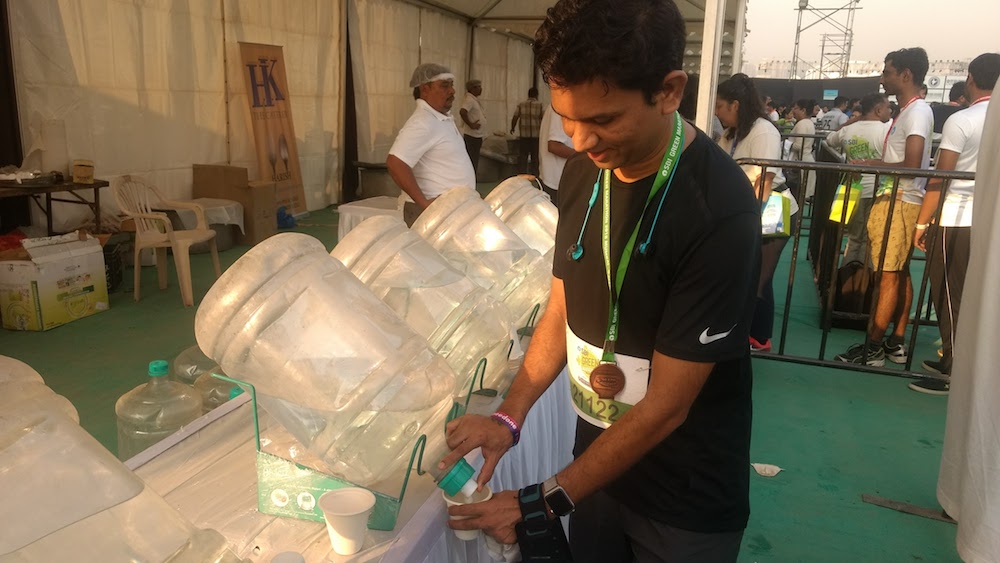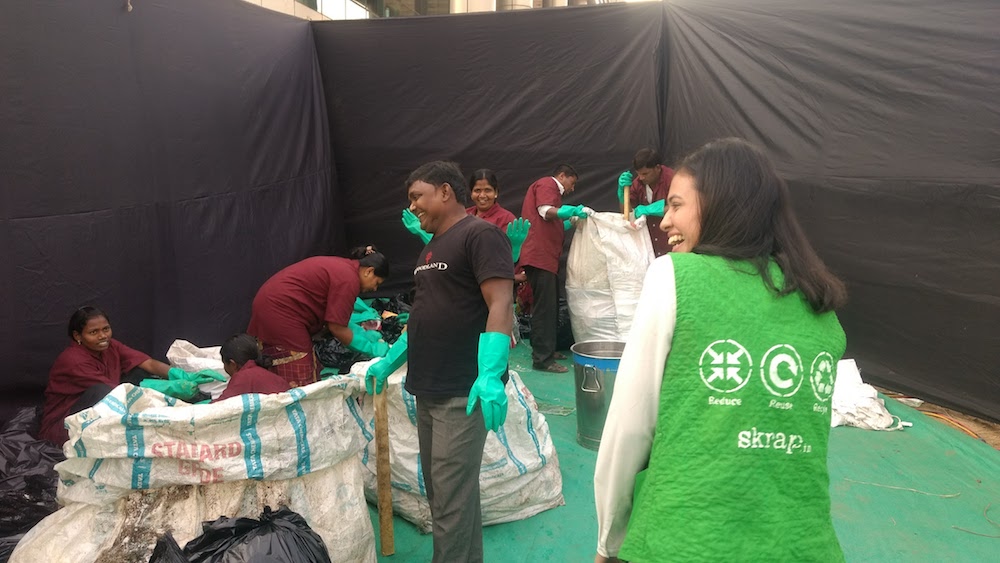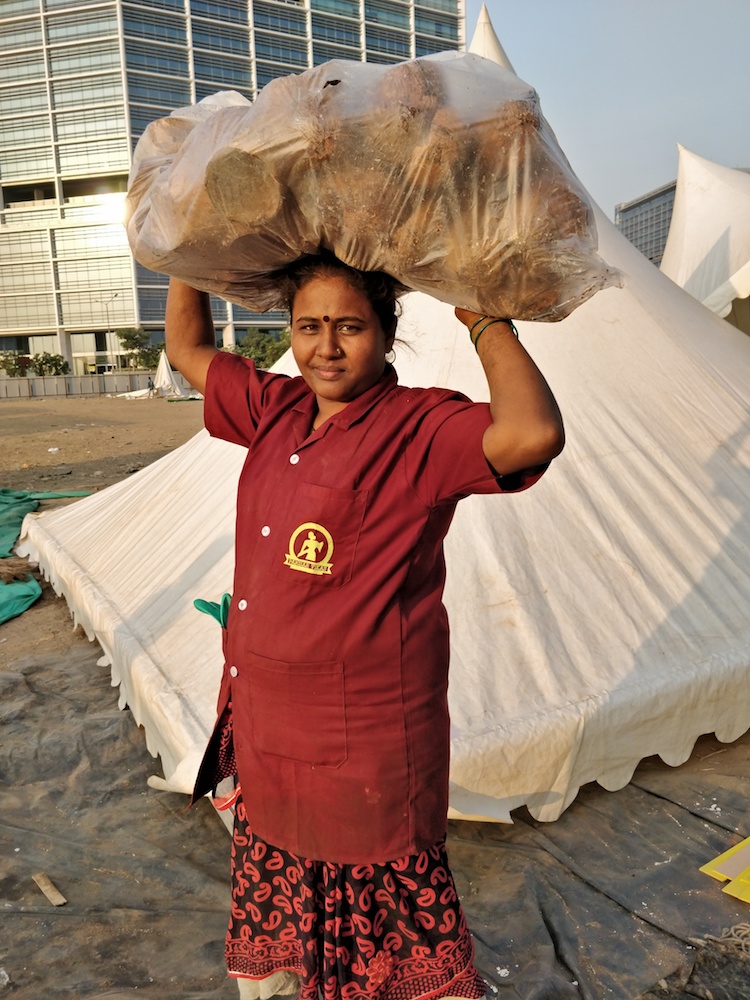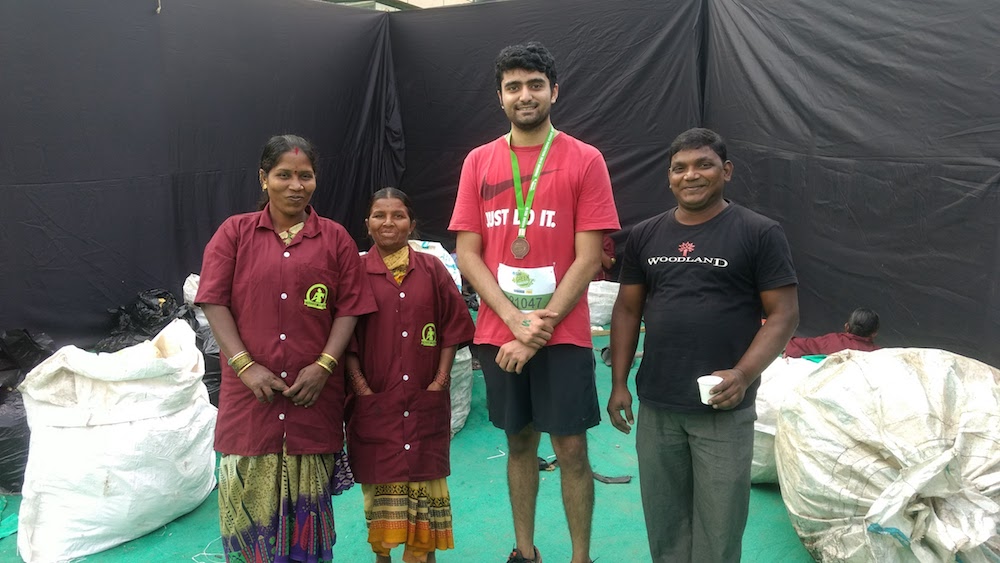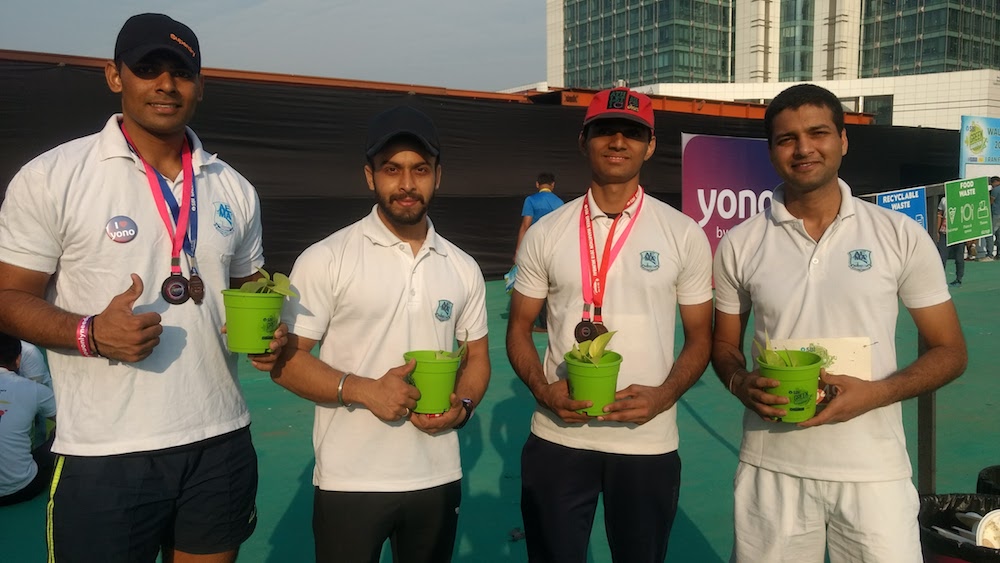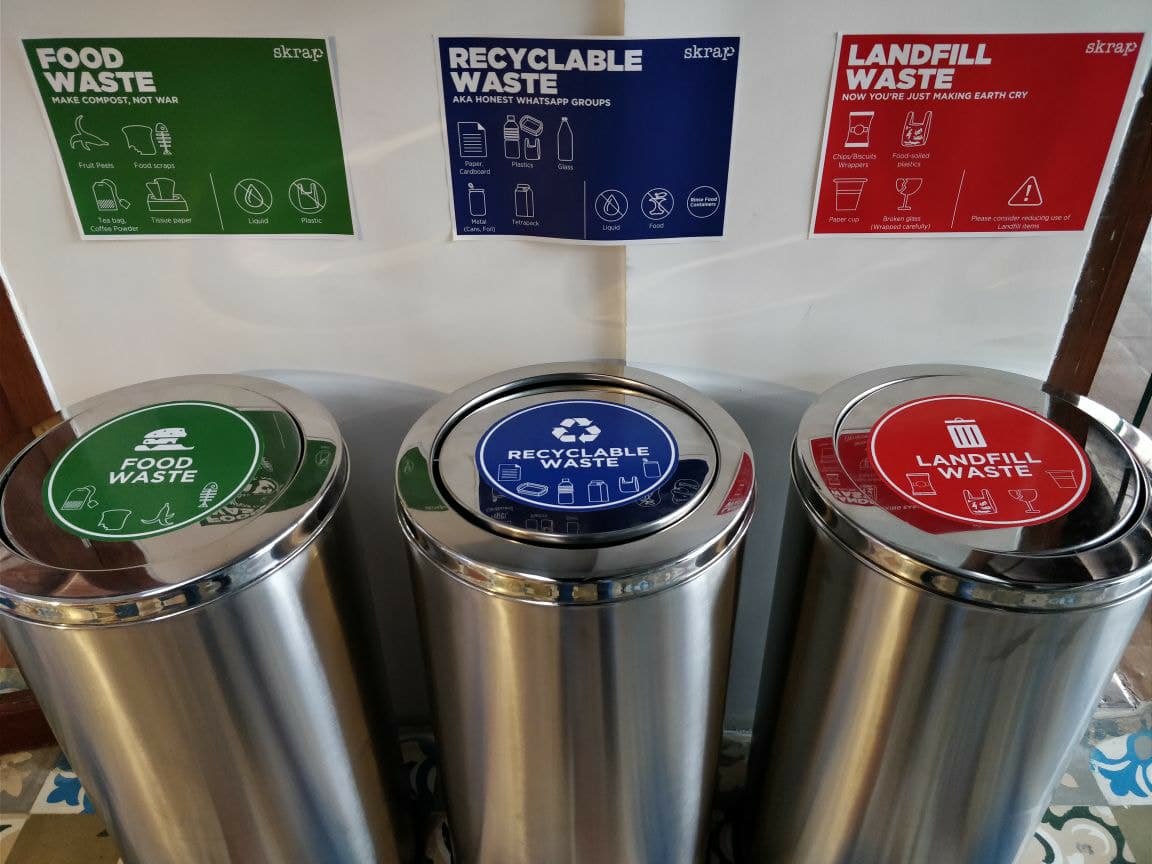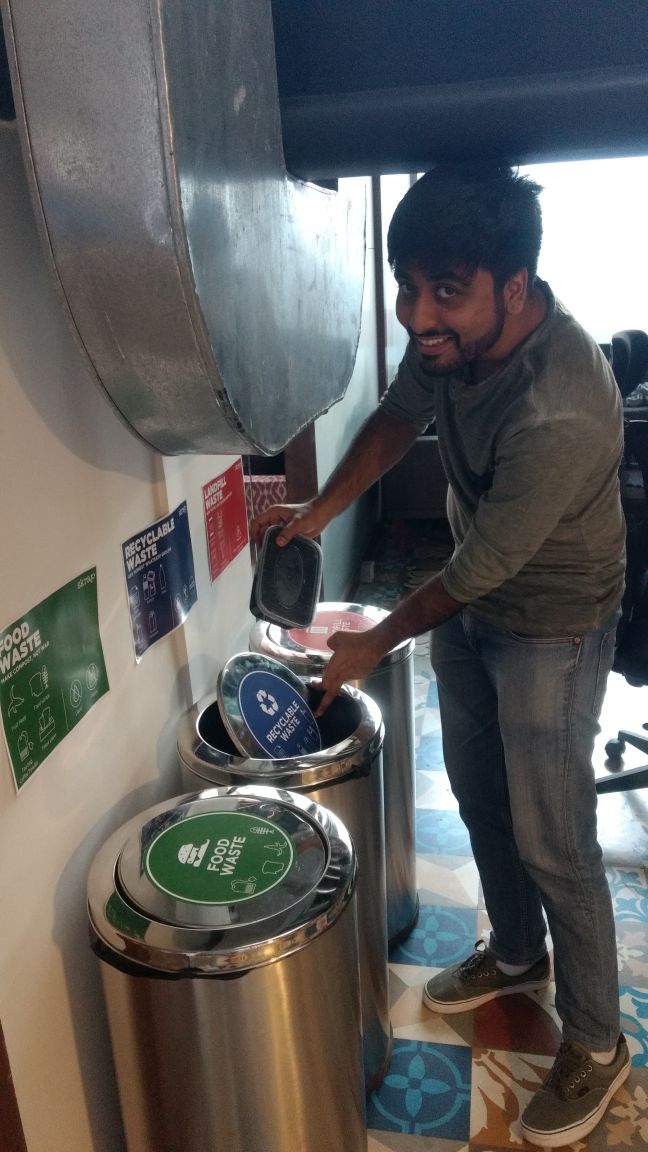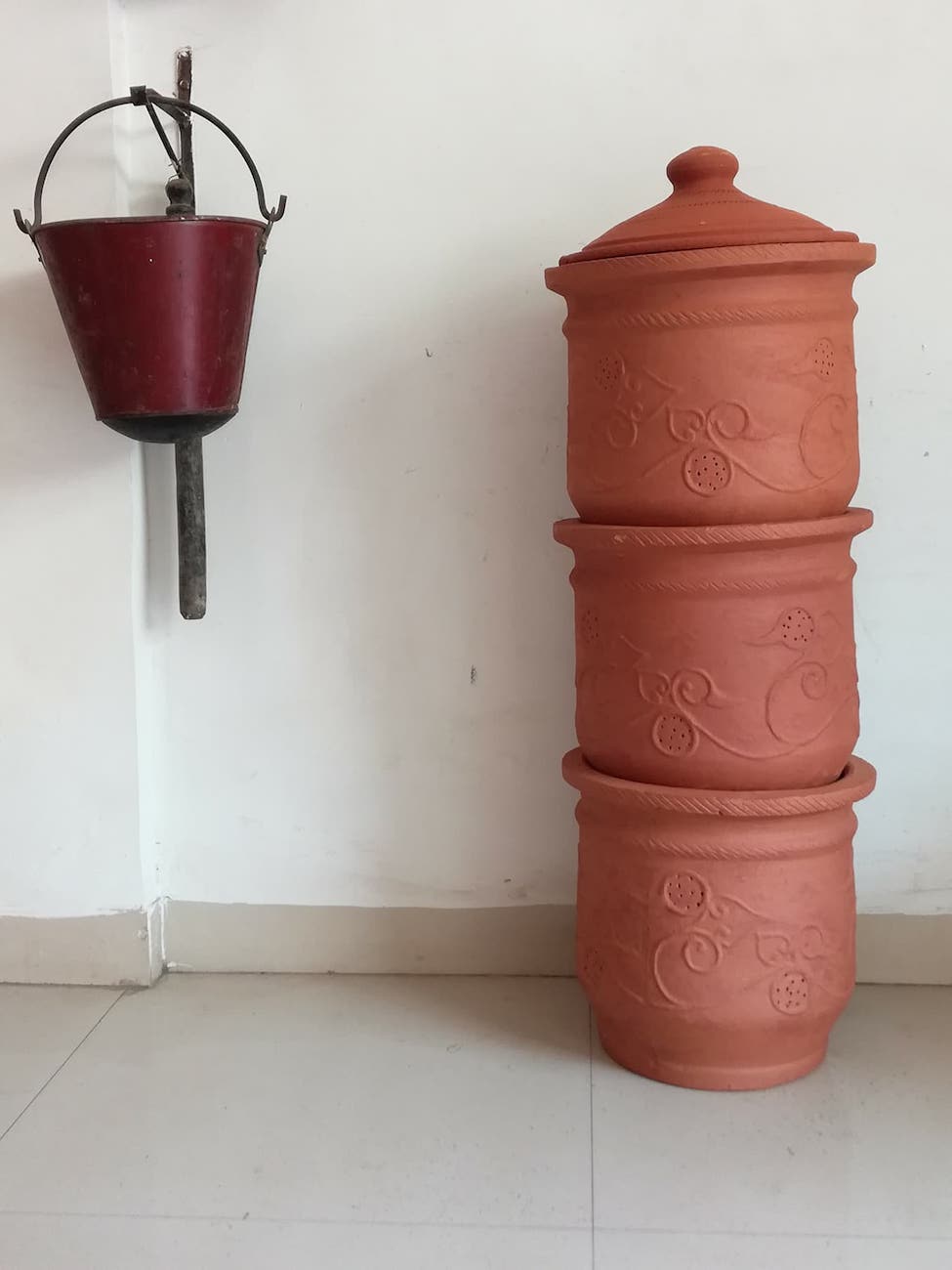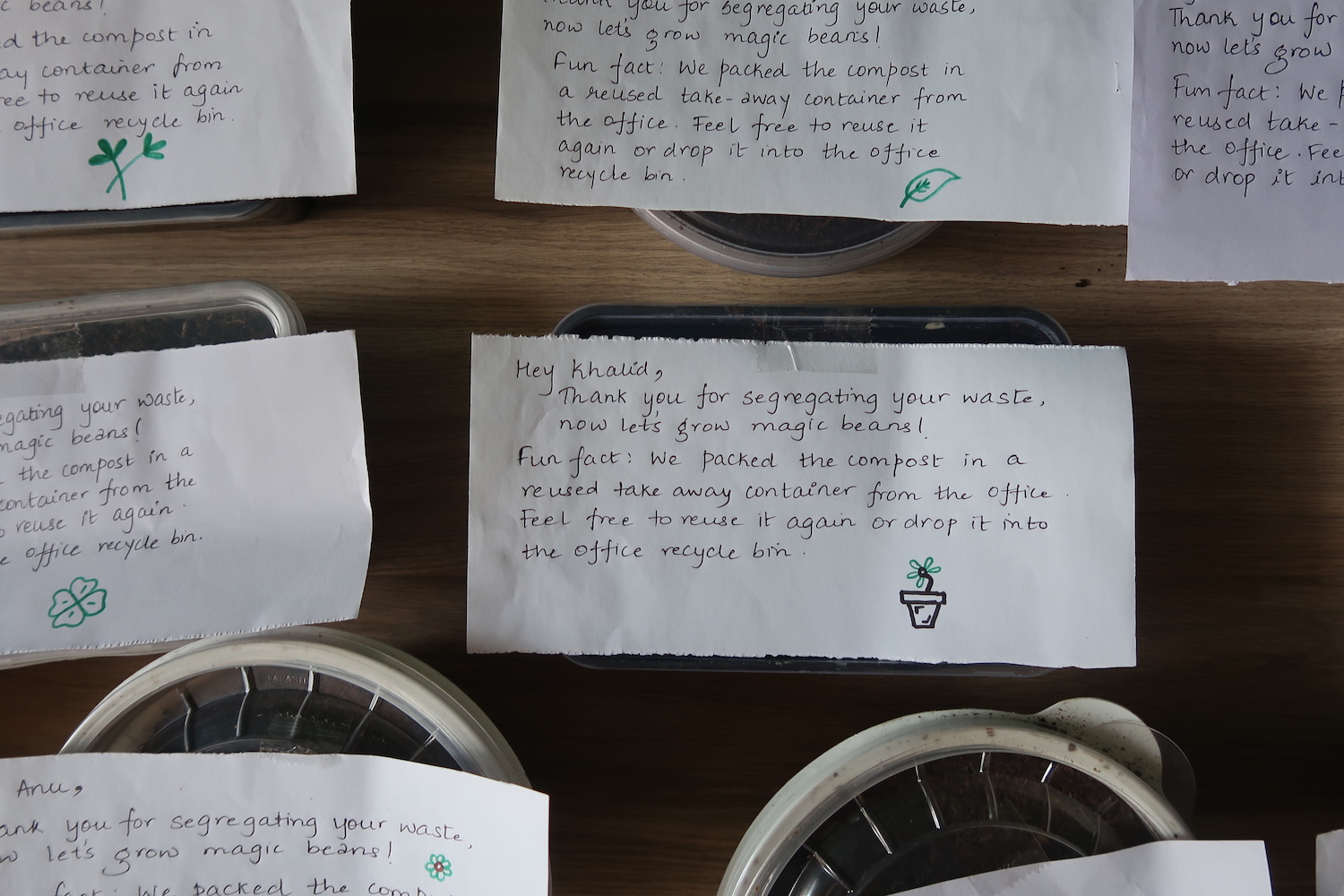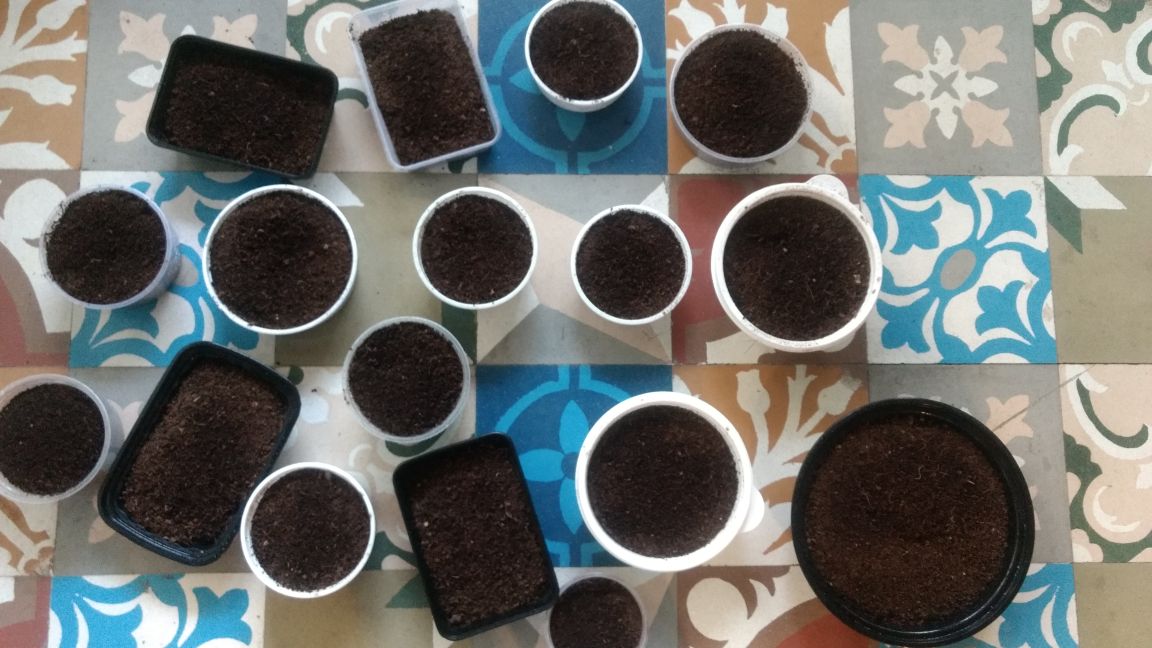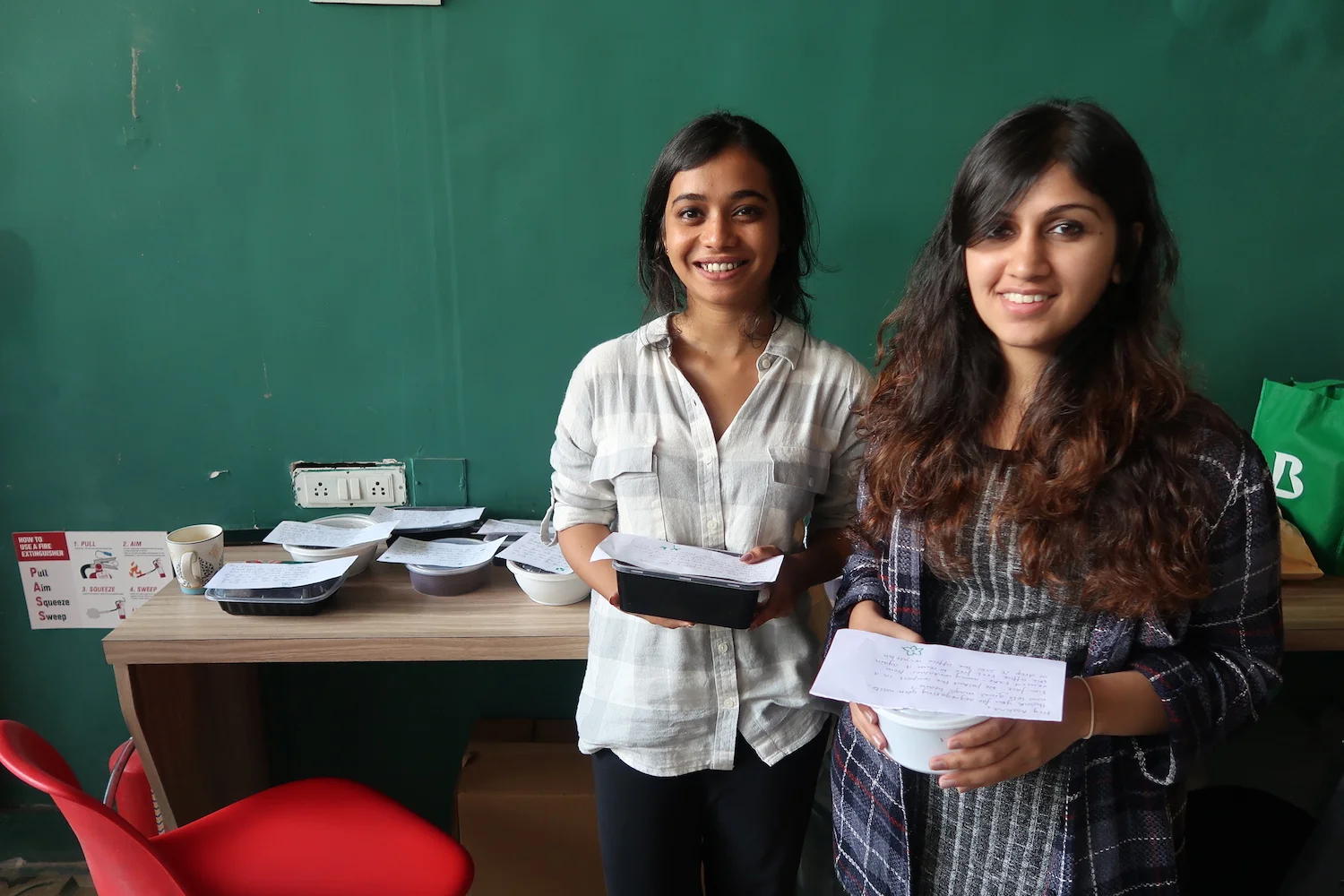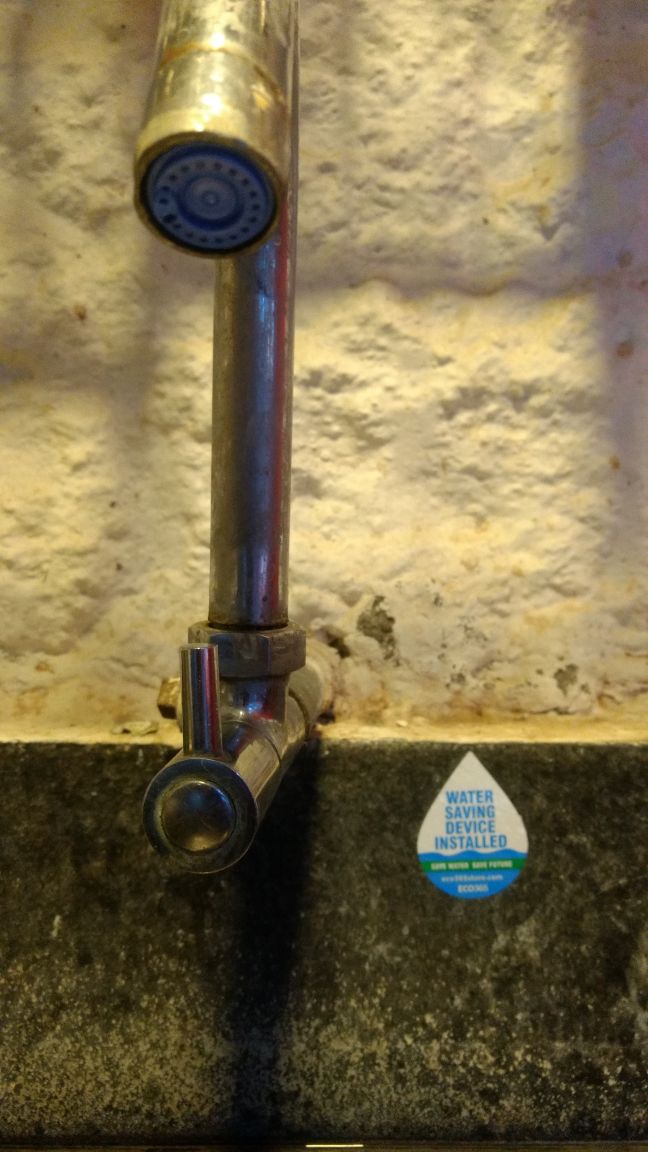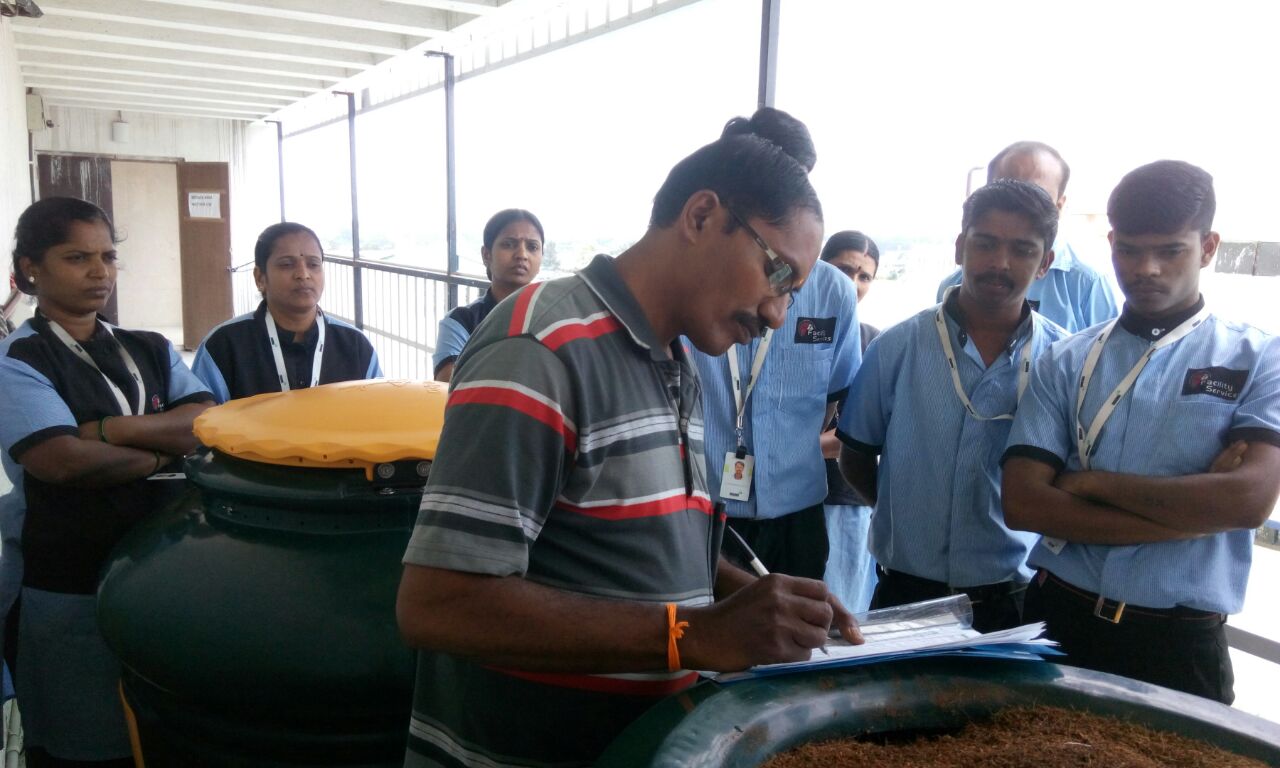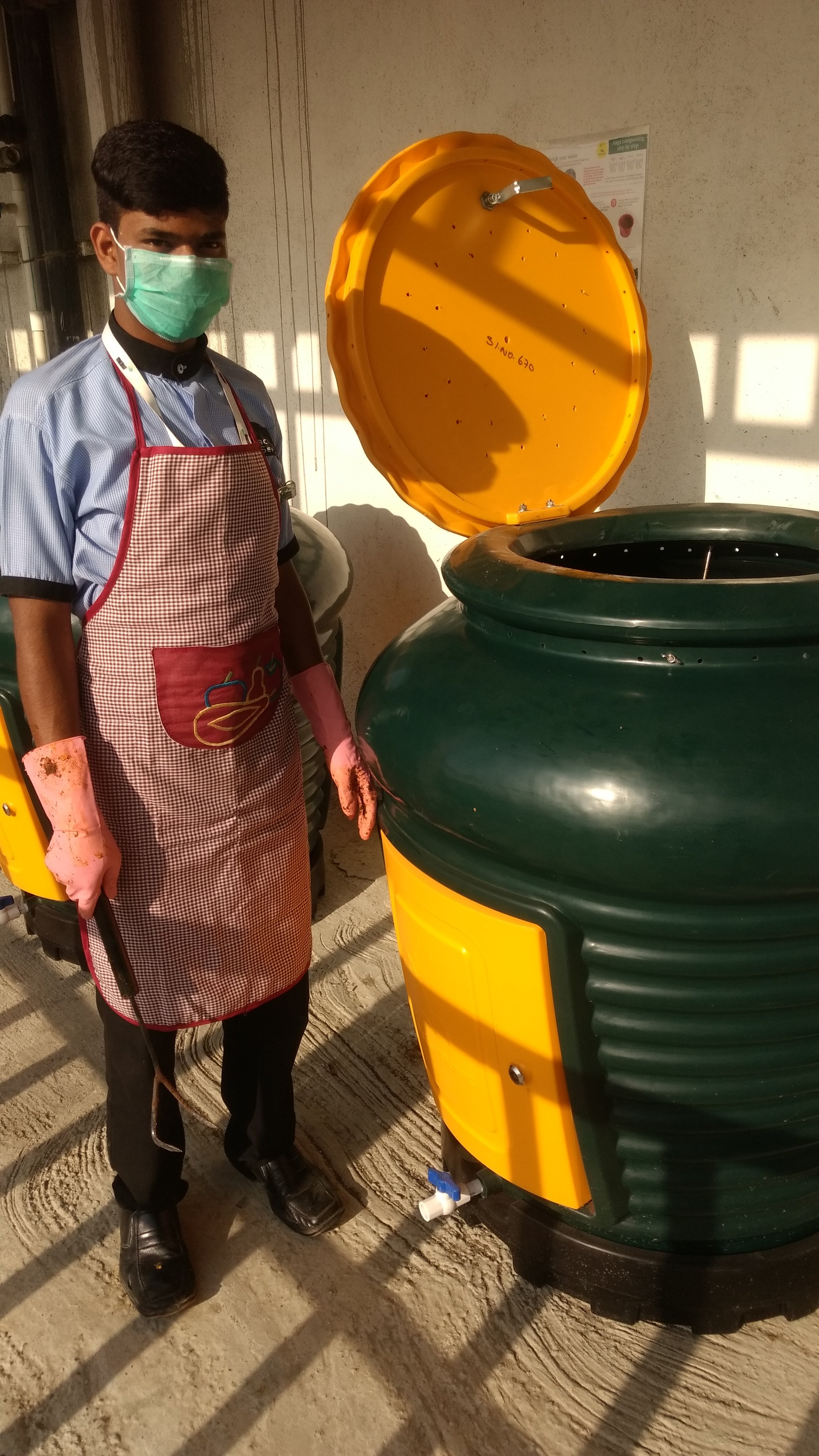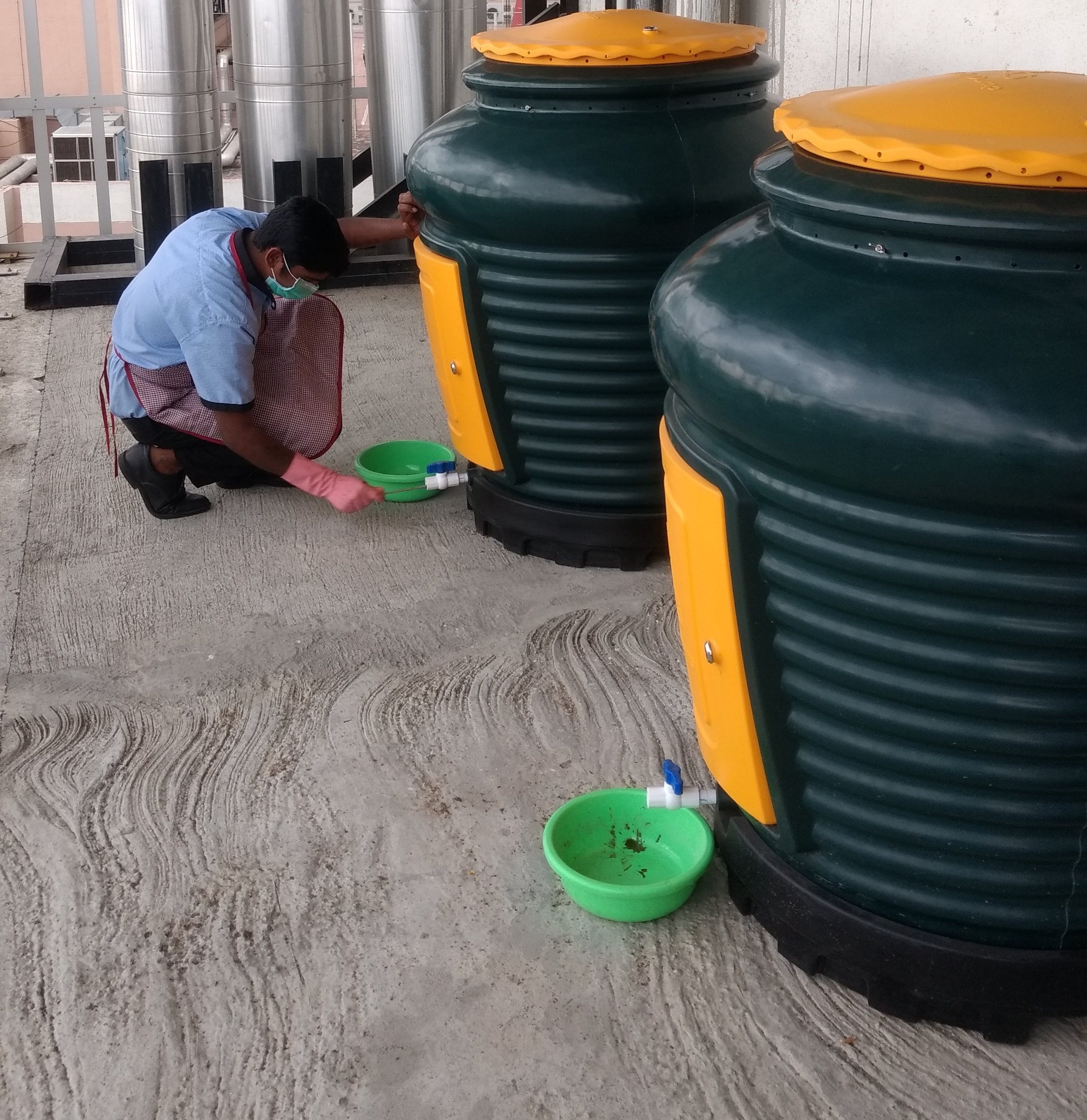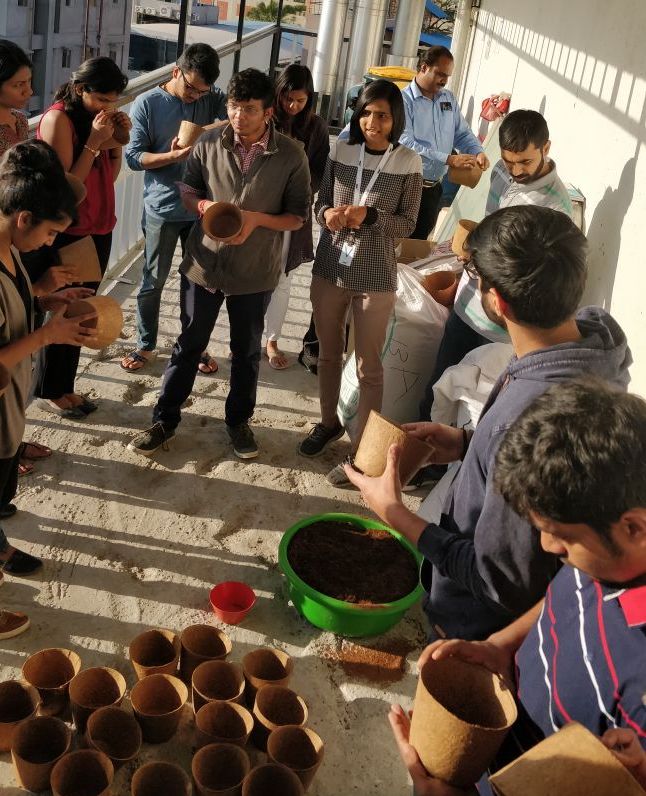The Blues go Green! Asia’s largest Blues music festival went all in to ensure that the event was sustainable. 94% of all waste generated at the event was saved from the landfills and was instead sent for reusing, recycling, composting or conversion into biogas.
Food stalls used biodegradable serving wares made from natural materials such as sugarcane, wood and Areca leaves. The festival was a plastic straw-free event and water dispensers were set up across the venue to eliminate disposable plastic water bottles. Small, yet effective measures such as placing bulk sauce dispensers across the food court helped avoid the use of single-use, non-recyclable sachets. We absolutely love it when large festivals lead the way by going green and set the trend of going zero waste.
